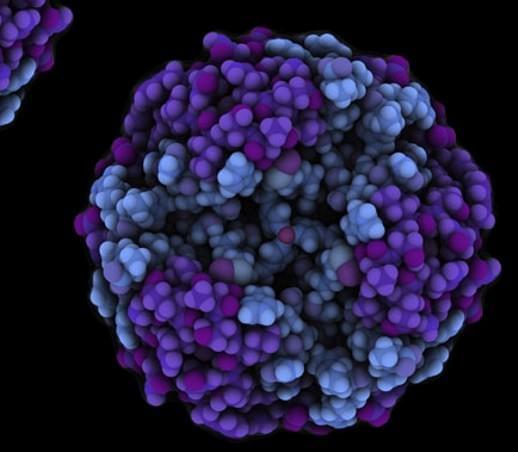Did peptides precede life on Earth? Should we be looking for their biosignatures on Mars?
If you think of DNA in correspondence terms, it writes instructions. RNA picks up the instructions and delivers them to a recipient in the cell. The instructions contain a recipe and what follows is the filling of it producing a protein molecule explicitly designed for the required task.
But before all of the above ever could have happened there had to be something with simpler chemistry. A research team at Rutgers University believes that what first emerged was probably a peptide containing the element nickel. They have named it Nickelback, not to be confused with a Canadian rock band of the same name. This Nickelback peptide consists of two bound nickel atoms which exhibit both stability and activity in terms of reacting with surrounding chemistry. Such a peptide is capable of redox reactions that transfer electrons from one chemical substance to another and is essential as the first stage on the way to life.
The Rutgers researchers believe that between 3.5 and 3.8 billion years ago, conditions in the water environment of early Earth led to the self-assembly of a pioneer peptide to become the precursor of proteins. With its emergence, metabolic processes began.
